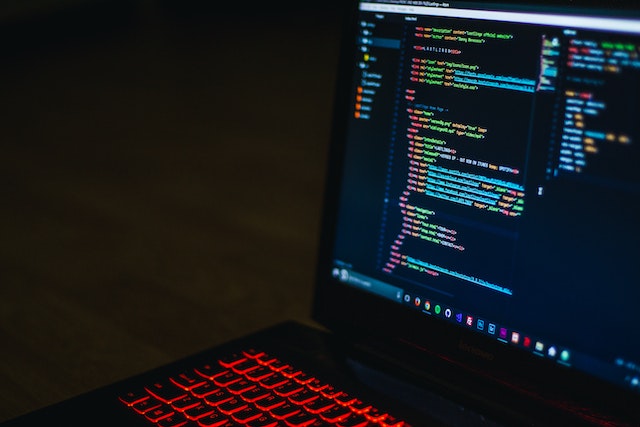Posted on August 26, 2021 at 7:01 PM
Researchers Warn Against Increased Malware Attacks On Mobile Devices
Countries in Southeast Asia (SEA) have continued to see an increasing case of the COVID-19 pandemic. Workers are still working virtually to prevent the spread of the pandemic. However, the trend, while making the population safe, has provided opportunities for threat actors to strike.
Cybersecurity firm Kaspersky announced recently that it discovered and blocked 382,578 mobile attacks against users in the region between January and June 2021.
More mobile devices are now targeted
The firm carried out a survey last year, and slightly over 60% of the respondents say they are using a personal device to work from home. Also, the workers are using some of their working tools and devices for personal activities such as playing video games, reading news, and watching videos.
This has increased the likelihood of attacks on the employees. Out of the 6,017 respondents interviewed, 33% of them agreed that they used their office devices to watch adult content, which is an area most commonly targeted by threat actors.
Kaspersky says it will be providing an Employee Discount program that will enable its existing partners to get about 42% off on its premium security solutions to help boost security.
While the researchers agreed that hackers are launching cyberattacks majorly on laptops, but mobile devices are increasingly getting targeted.
And as the devices are being used to access both work and personal files, they are exposed to more cyberattacks. As a result, firms should check their access rights, policies, and security setup to prevent threat actors from having access via infected smartphones.
General manager of Southeast Asia at Kaspersky, Yeo Siang Tiong, commented on the latest malware discoveries, stating that attackers are looking closely at mobile devices when launching attacks.
Mobile malware is malicious software that targets mobile devices such as tablets, handsets, and other smart gadgets. Although the majority of malware infections have been on PCs, threat actors are increasingly shifting their focus to mobile devices. They are seeing loopholes or vulnerabilities in mobile devices, which have increased the level of attacks on these devices.
Users advised being very cautious
Employers still have the bulk of the responsibility to make sure their devices and servers are safe. However, that responsibility is also shared by employees of the organizations.
As a result, Kaspersky researchers have advised users to make sure their routers work efficiently when transmitting Wi-Fi to other devices.
The security also advised that users should update their routers to prevent any potential security problems. They should also use strong passwords to protect their devices from unauthorized access.
Workers are also advised to work on only devices provided by their employers and avoid doing corporate tasks on personal devices that can potentially lead to security issues.
They are also advised to avoid sharing their work account details with other people, as it’s another way threat actors can get through to their devices.
Those who are encountering security issues while working from home should not hesitate to contact or speak to the IT unit of their employers.
Increased level of mobile attacks
The Kaspersky security researchers have been blocking thousands of malware in mobile devices in SEA. Between January and March, the security team reported the highest number of infected devices, with slightly over 200,000 malware detected.
Indonesia recorded the largest amount of disrupted mobile attacks from January last year to June this year. Second, on the list is Malaysia while Thailand takes the third spot.
When it comes to the number of global mobile malware discovered by Kaspersky in Q2 2021, Russia and Turkey came first and second respectively.
India and Turkey took the third and fourth spots respectively. However, among the Southeast countries, Indonesia maintained the first spot.
Employers should provide more education for workers
Kaspersky researchers have also suggested some tips for enterprises that can help them stay more fortified against threat actors and malware infections. Organizations are advised to provide all the tools their workers need to provide security while working from home. They should also provide educational resources and awareness about malware and how they operate.
Basic security awareness programs should be scheduled for the workers to get them prepared and alert to the security challenges. The researchers noted that most of the malware incidents are a result of security ignorance from the employees. But if they are knowledgeable about protecting their devices, the malware incidences will reduce to a great extent, the researchers noted.











